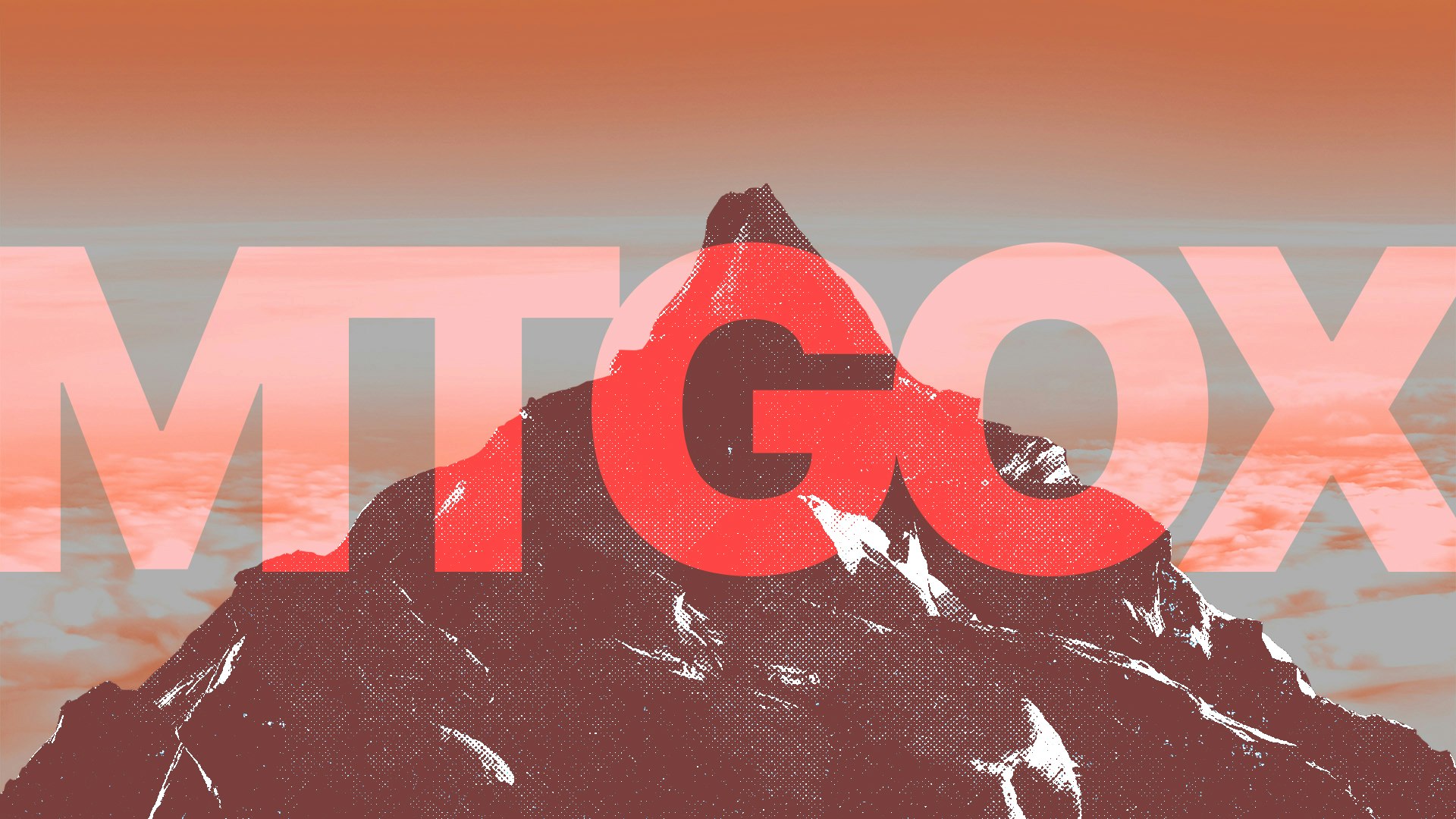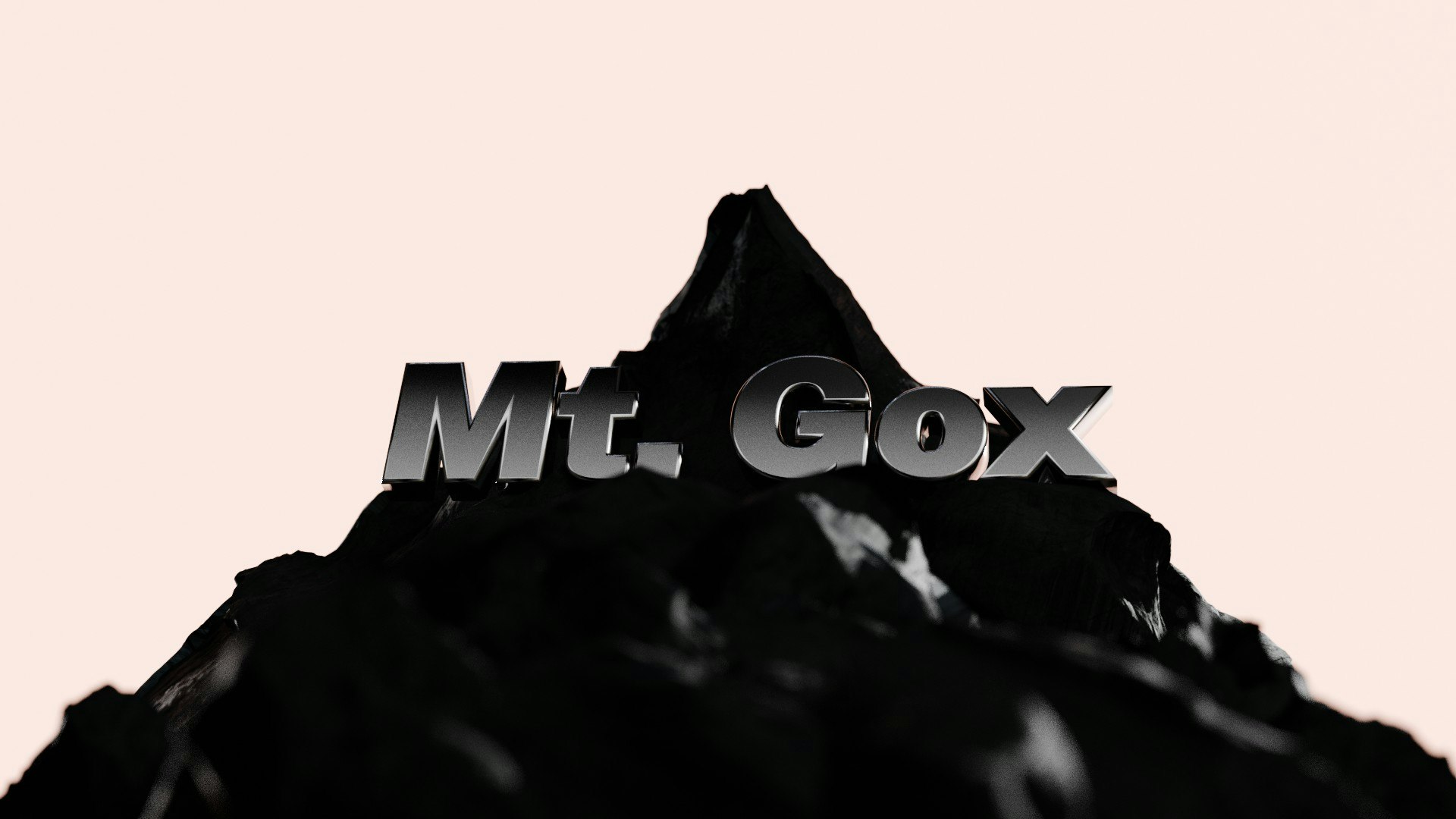Mt. Gox: Why Refunds are Sending the Bitcoin Price Down
The Mt Gox saga may send the price of Bitcoin south. But how? Here is the explainer.
In this article...
- In 2014, Mt Gox was the largest and most influential Bitcoin exchange
- It was hacked with a loss of approximately 850,000 Bitcoins
- Some retrieved Bitcoin is being distributed back to the original owners, along with Bitcoin Cash.

The Mt. Gox saga: From early exchange dominance to bankruptcy, ongoing repayments, and the ripple effects on today's Bitcoin price, this is a bit of a wild tale.
The Mt. Gox story: A Bitcoin rollercoaster
began its life in 2010, not as a cryptocurrency exchange, but as a platform for trading "" cards.
The name itself is a shortened form of "Magic: The Gathering Online Exchange." But the platform quickly pivoted to Bitcoin trading. By early 2014, was handling over 70% of all Bitcoin transactions worldwide.
This made Mt Gox the largest and most influential Bitcoin exchange, playing a crucial role in the cryptocurrency's early adoption.
The hack that shook the Bitcoin world
In February 2014, disaster struck. Mt. Gox abruptly halted trading, closed its website, and filed for bankruptcy protection. The cause? A massive security breach resulting in the loss of approximately 850,000 Bitcoins – worth hundreds of millions of dollars at the time. (But in June of 2024, they are worth more than US$51bn.)
This staggering loss sent shockwaves through the cryptocurrency community and had a chilling effect on Bitcoin's price.
A long road to repayment
All was not lost, however. The stolen Mt. Gox Bitcoin was partially recovered. In February 2022, the U.S. Department of Justice announced the seizure of $3.6 billion worth of stolen Bitcoin, and some of that BTC was traced to the Mt Gox hack.
In a landmark decision in late 2021, creditors and the Tokyo District Court agreed on a rehabilitation plan, paving the way for partial repayments. (While it was started in the USA, it was relocated to Japan in 2011).
Why the Mt Gox refunds are affecting the Bitcoin price
The price of Bitcoin is at the time of writing. The fear is that a large influx of previously lost Bitcoin could flood the market, potentially driving down the price.
Are Mt Gox Bitcoiners up on their investment?
The value of the refunded Bitcoin from Mt. Gox has jumped wildly. Considering that Mt. Gox ceased operations in 2014 and Bitcoin's price has risen exponentially since then, the value of the refunded Bitcoin is now many times higher than its original value.
While this seems like a bonanza, most investors will only be partially refunded. Also they bought at different times, meaning some will have more gains than others.
What This Means for Bitcoin's Future
While the Mt. Gox story is a cautionary tale, it's also a testament to Bitcoin's resilience. Mt Gox was created in the very early days of cryptocurrency. Security wasn't as fly as it is today. As the crypto world matures, hopefully such hacks will be a thing of the past.

Frequently asked questions
How many Bitcoins were stolen?
Nobuaki Kobayashi, was the trustee at the helm when the Tokyo-based Mt Gox crypto exchange declared bankruptcy after losing more than a billion worth of Bitcoin.
They announced that creditors could choose to receive refunds in spot Bitcoin for up to 140,000 Bitcoin of the 200,000 Bitcoin recovered, potentially impacting the 45 billion dollar Bitcoin market. Thousands of Bitcoin are still to be refunded by the exchange Mt Gox.

Suggested Articles
What is Bitcoin (BTC)? What is "Digital Gold" Used For?
What is Bitcoin? It is a digital currency that can be traded, exchanged, and used as a form of payment independent of central banks and governments.What is Ethereum? What is ETH Used For?
Ethereum is a decentralised blockchain-based open-source software platform that allows for the development of decentralised applications (dApps).What Is Crypto? How do Cryptocurrencies Work?
Crypto has become incredibly popular. But how does this digital currency work? And are there cryptos other than Bitcoin?Browse by topic

CoinJar’s digital currency exchange services are operated by CoinJar Australia Pty Ltd ACN 648 570 807, a registered digital currency exchange provider with AUSTRAC.
CoinJar Card is a prepaid Mastercard issued by EML Payment Solutions Limited ABN 30 131 436 532 AFSL 404131 pursuant to license by Mastercard. CoinJar Australia Pty Ltd is an authorised representative of EML Payment Solutions Limited (AR No 1290193). We recommend you consider the and before making any decision to acquire the product. Mastercard and the circles design are registered trademarks of Mastercard International Incorporated.
Google Pay is a trademark of Google LLC. Apple Pay is a trademark of Apple Inc.
This site is protected by reCAPTCHA and the and apply.